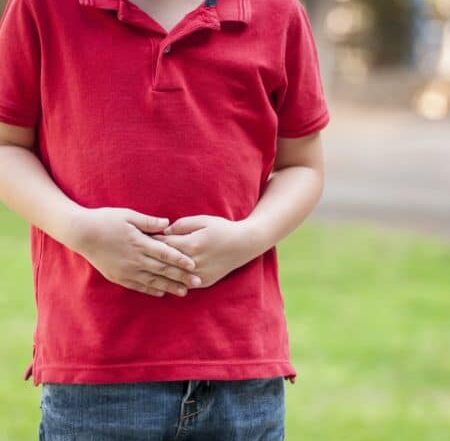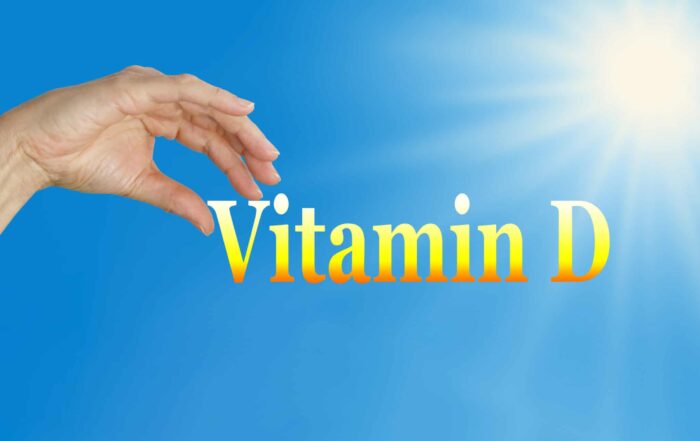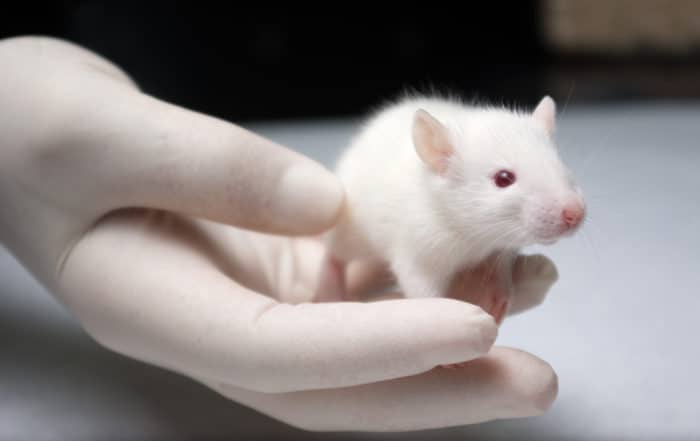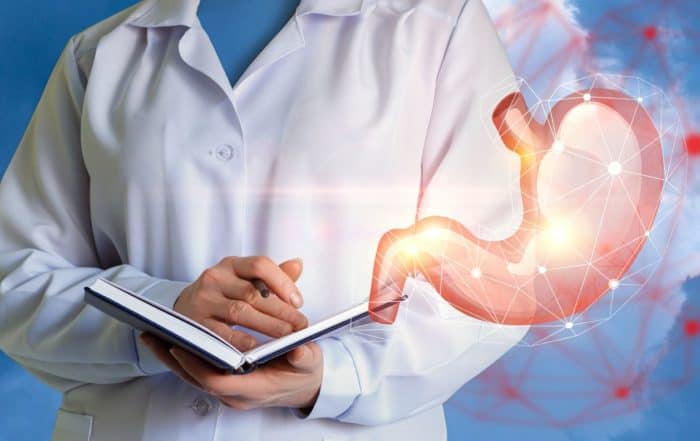April is autism awareness month, and each week we will share a list of resources related to one aspect of autism spectrum disorder (ASD). This week we are focusing on nutritional support. Follow along on social media to gain additional insights on this topic.
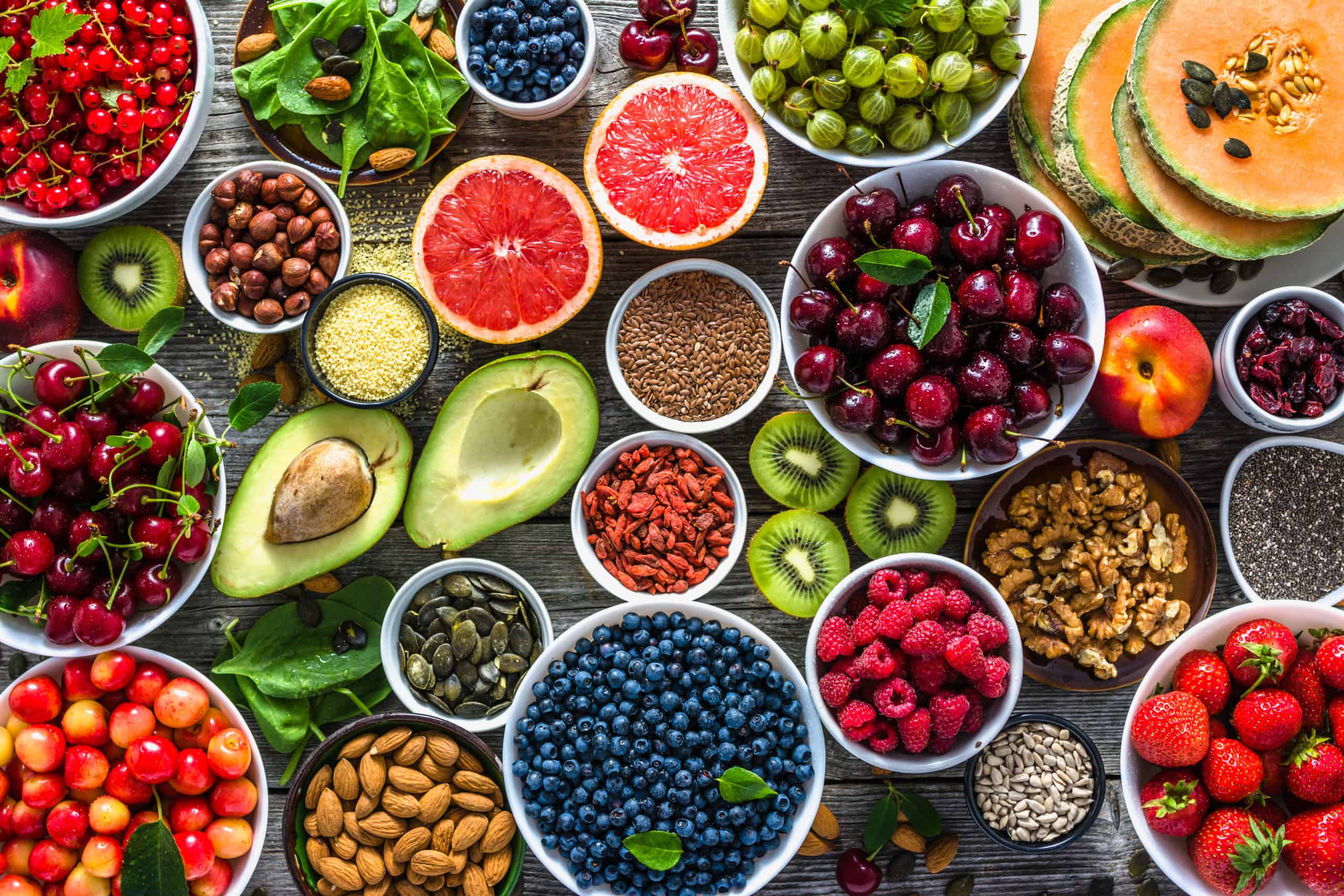
Evidence Supporting a Nutritional Approach for ASD
In this talk, Vicki Kobliner, MS, RDN, shares research behind nutritional approaches to supporting individuals diagnosed with autism. She also explains why these approaches may be suitable for some individuals diagnosed with Pediatric Acute-onset Neuropsychiatric Syndrome (PANS) and Postural Tachycardia Syndrome (POTS).
Cross-Talk Between Gut & Brain
This talk provides insight into the gut-brain relationship, addressing how the foods we eat can affect neurological function. Alessio Fasano, M.D. shares the information about the relationship between inflammation in gut and the brain. Dr. Fasano has published more than 200 peer-reviewed papers, and has received numerous awards for his translational science and other achievements. In the year 2000, Dr. Fasano’s team discovered “zonulin,” the molecule which regulates intestinal permeability, also known as “leaky gut,” and their groundbreaking research has linked an overproduction of zonulin to the development of a series of autoimmune diseases, including type 1 diabetes, celiac disease, and multiple sclerosis.
Implementing Special Diets
Dietary intervention is frequently a component of an evidence-based medical approach, and there is some empirical evidence that special diets help some individuals with autism. This resource includes references, resources, and links for learning more about potentially effective, evidence-based treatments.
Gluten-free/Casein-free diets
Research on special diets for autism is relatively limited, but clinicians, parents, and educators continue to report improvement in symptoms for some patients using a gluten- and casein-free diet. Speaker, Kelly Barnhill, MBA, CN, CCN, is the Director of the Nutrition Clinic at The Johnson Center for Child Health and Development. She is a Certified Clinical Nutritionist with over a decade of experience working with nutrition in children with autism and related disorders.
I’m on a special diet brochure
Do you have a loved one who is following a Gluten-free/Casein-free? This printable resource is designed to be shared with teachers, friends, neighbors, family members, and more. It explains why individuals who are GF/CF cannot take breaks from this diet.
The Role of Neurotransmitters in GI Disorders Related to Autism
In this 2021 presentation, Dr. Kara Gross Margolis discusses research exploring the role enteric neurotransmitters, specifically serotonin and oxytocin, play in enteric nervous system (ENS) development and how, when signaling of either of these neurotransmitters is abnormal, it can result in intestinal inflammation and/or motility dysfunction. Kara Gross Margolis, MD is an Associate Professor of Pediatrics and a pediatric gastroenterologist with clinical expertise in brain-gut axis disorders, particularly autism spectrum disorders (ASD).
Mood and ASD: Nutritional Strategies for Anxiety and Depression
In this presentation, Vicki Kobliner, MS, RDN, discusses nutritional strategies for addressing anxiety and depression in ASD. Vicki Kobliner is a Registered Dietitian and owner of Holcare Nutrition (www.holcarenutrition.com). She practices a functional nutrition approach to help the body heal itself, and has extensive experience using various diet modalities to help children with autism and related disorders.
Research finds GI issues coincide with challenging behaviors in ASD
A 2019 study from the University of Missouri adds to evidence that challenging behaviors in children with autism spectrum disorders (ASD) can be an indication of gastrointestinal (GI) distress. Tune in to learn about the findings from lead researcher Bradley Ferguson, Ph.D. Dr. Ferguson is a University of Missouri Cognitive Neuroscience Laboratory Assistant Research Professor Adjunct currently studying the association between immune, endocrine, and psychophysiological markers of stress and gastrointestinal disorders in those with autism spectrum disorder.
Research Updates: GI Symptoms & Behavior
Free webinar at 1 p.m. Eastern time (US), Wednesday, November 20, 2024 About the speaker: Dr. Bradley Ferguson, PhD is an Assistant Research Professor, MU School of Medicine.
Research Updates: Nutrition and Autism 2023
Kelly Barnhill, MBA, CN, CCN, summarizes emerging research on nutritional approaches and supports for autistic people. She outlines recent investigations on sensory processing and nutrition, dietary changes, and supplementation. The speaker
More findings point to high rate of vitamin D deficiency in children with autism
A new study from the Netherlands adds to evidence that vitamin D deficiency is common in children with autism spectrum disorder (ASD). Jet Muskens and colleagues measured the body mass index
Study points to possible role of microbial metabolite in ASD
A new study adds to evidence that alterations of the gut microbiome may play a key role in autism spectrum disorders (ASD). Noting that urinary and fecal levels of the microbial
The Role of Neurotransmitters in GI Disorders Related to Autism
Kara Gross Margolis, MD, explores recent studies surrounding the role of serotonin and the more extensive gut microbiome in gastrointestinal (GI) and inflammatory conditions related to autism. She presents case studies highlighting
Gluten-free/casein-free diets – research updates
Director of the Nutrition Clinic at the Johnson Center for Child Health and Development, Kelly Barnhill, MBA, CN, CCN, discusses gluten-free and casein-free diets (GFCF) in autism. She details research history, present findings,


